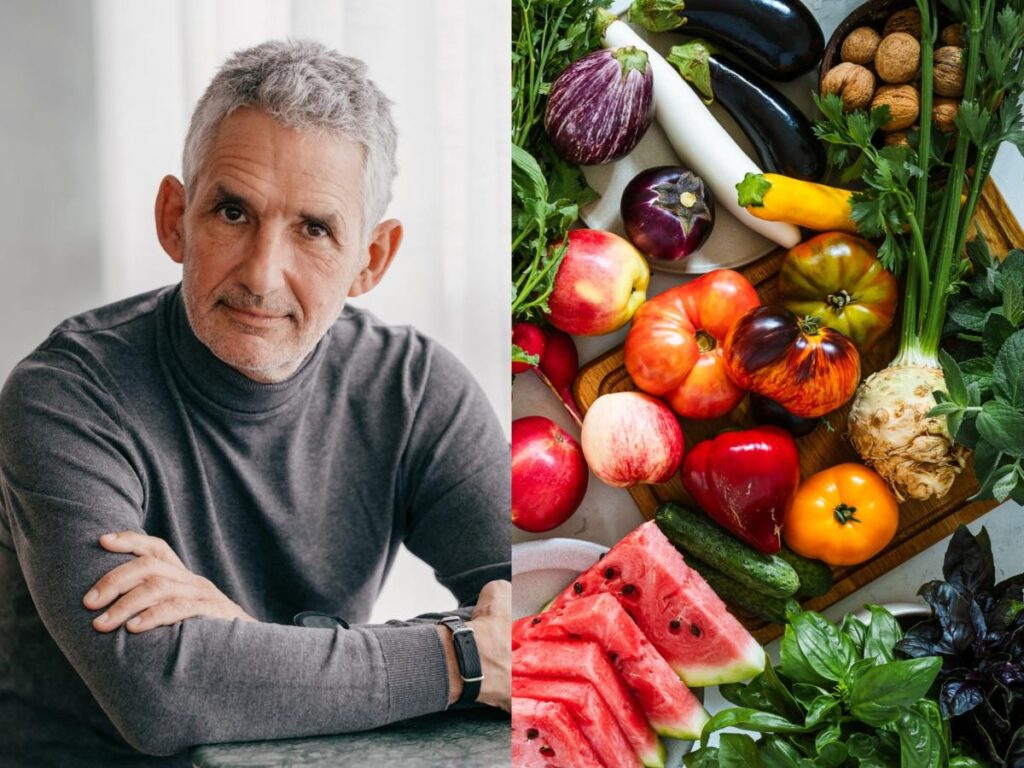In 2012, Tim Spector, a respected nutrition scientist and epidemiologist, experienced a mini-stroke while preparing to ski, unveiling a shocking reality about his health: he had high blood pressure. At the age of 53, he found himself part of a troubling trend—as strokes, traditionally perceived as ailments of the elderly, began to increasingly affect younger populations. A study published in the journal Stroke in 2021 revealed that the incidence of strokes among adults aged 18 to 44 had risen by 14.6% between the years 2011-2013 and 2020-2022. The alarming statistics prompted experts like Spector to rethink common associations of strokes with older age groups, highlighting the importance of understanding stroke risk as a growing concern for younger adults.
Following his diagnosis, Spector sought to make meaningful dietary changes in an effort to lower his blood pressure. Typically, individuals with high blood pressure are advised to reduce their salt intake due to the sodium’s role in increasing bodily water retention and elevating blood pressure. However, Spector found this traditional advice challenging and ineffective. He identified as “salt-resistant,” meaning that his blood pressure was not significantly impacted by his salt consumption. Instead of cutting out salt entirely, he opted for a potassium-rich salt alternative, which not only enhanced the taste of his food but also contributed to lowering his blood pressure. This aligns with recommendations from the World Health Organization, which underscore the significance of potassium in managing high blood pressure.
In addition to modifying his salt intake, Spector shifted his focus towards consuming more fruits and vegetables—an approach that further supported his health goals. Prior to his stroke, he already limited his consumption of ultra-processed foods, and he recognized the need to enhance his diet with nutritionally rich options such as fresh produce. A recent review published in the European Journal of Nutrition found strong links between increased fruit and vegetable intake and lower blood pressure levels. While the exact mechanisms remain a subject of ongoing research, it is suggested that the high potassium content within fruits and vegetables may play a critical role. Furthermore, the inherent association of a plant-rich diet with a lower risk of obesity, another key contributor to high blood pressure, cannot be overlooked.
The British Heart Foundation, in its recommendations for dietary practices aimed at reducing hypertension, emphasizes the importance of consuming fruits and vegetables abundant in nitrates—such as beetroot, spinach, kale, strawberries, and bananas. Likewise, the American Heart Association (AHA) recommends the Dietary Approaches to Stop Hypertension (DASH) diet, which promotes an array of healthy food options, including fruits, vegetables, low-fat dairy, whole grains, fish, nuts, and lean meats—all while minimizing red meat, sugary drinks, and sweets. This dietary approach not only fosters better heart health but also plays a crucial role in stroke prevention strategies.
Spector’s experiences shed light on the complexities of dietary recommendations and their practical implications for individual health management. While the common narrative has often revolved around salt reduction, Spector’s case serves as evidence that dietary modifications can vary significantly among individuals, highlighting the need for personalized nutrition strategies. Understanding one’s body—such as recognizing one’s reaction to salt intake or determining one’s specific dietary needs—can allow for more effective health interventions and outcomes.
Ultimately, Tim Spector represents a critical voice in the discourse surrounding nutrition and health. His journey from a stroke survivor to a proactive advocate for dietary reform demonstrates the urgency of addressing not just traditional dietary guidelines, but also the necessity of tailoring those recommendations to fit a diverse population. As younger individuals increasingly face stroke risks, Spector’s insights encourage a reevaluation of dietary practices, fostering awareness that may lead to better prevention strategies and improved overall health. The intersection of science, personal experience, and dietary recommendations presents an opportunity for broader discussions about how nutrition can serve as a formidable tool in mitigating the risks associated with high blood pressure and strokes for all age groups.

